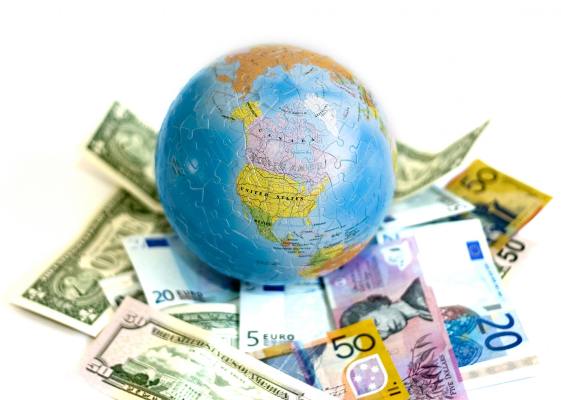by Amal Mohey
Due to challenges confronting economies across the world, policy makers are taking big decisions. It does not matter whether they are right or wrong since there is no fixed approach. Here are some details on the limelight stories we are following this week:
The “Big No” of the referendum was now a “Big Yes” by the Greek Parliament after 229 out of 300 MPs agreed to austerity. A new bail out for Greece was suggested. No one is happy. Protesters marched the streets demanding the IMF should leave Greece. The IMF will offer Greece another bail out estimated at €16bn. Greeks consider the IMF finances their debt crisis through bail-out funds and ruins their future. Katrougalos says, “The new fiscal obligations will be impossible by many measures because many people within the middle classes have now been left impoverished. I cannot understand the thinking of some of our partners insisting on measures that have proven to be ineffective in the past.” While Hans-Werner Sinn, head of the IFO think-tank, believes that Grexit is the only way out of the Greek crisis. The Greeks need new alternative ways for solving their financial crisis. Bail-out funds will only allow them to continue to default and they will soon get to the same point.
Unlike the ongoing austerity measures in Greece, UK has introduced this week a raise in the minimum wage to £9 an hour by 2020. In other words, Britain forces companies to pay a higher minimum wage. This will require companies to rethink their business polices as well as increase their productivity and investment by 7.4pc in 2016 from 5.1pc in 2015. Companies will also need to reduce uncompetitive employees. The raise will result in cuts of working hours by 0.4pc. If this raise succeeds and if companies respond as expected, Economy is estimated to grow by 2.7 in 2015 and 2016. Some expect that unemployment will decline gradually; yet, others believe that this will be temporary and that long-term unemployment will rise in this future.
Another ongoing issue in the UK is that the Bank of England would raise interest rates sooner than expected. As a result, the pound hiked higher against the euro last Friday to €1.44. It is worth noting that last week was the pound’s best week against the euro since 2009. Unlike the Bank of England, the European Central Bank has been reducing its interest rates
Similarly, the US Fed and Central Bank are to raise interest rates in order to control spiral inflation. Janet Yellen, the Federal Chairwoman, asserted in her testimony to Congress last week that the Fed remains on track to raise rates this year—as long as the economy evolves as expected. Such a decision is a reflection of a resilient economy that knows how to dodge a financial situation when profits are low.
Although raising interest rates is a necessary intervention by the Fed to keep inflation manageable, it will affect US stock and bond markets; investment; as well as spending in general. Mainly, raising interest rates will raise the cost of borrowing and consequently people will spend less money. Bond prices will drop. Banks will make fewer loans and thus non-performing loans will be reduced. Businesses and farmers will be discouraged to make large purchases and will likely reduce their employees. Consumers will spend wisely and will not go for large purchases such as houses, expensive cars, etc. However, the outcomes of raising interest rates are not immediate; they can take months to be felt.
China, on the other hand, has embarked on four interest-rate cuts since November. Rewards are seen now as a partial recovery and increase of incomes, as prices declined in less than half of the cities, according to the National Bureau of Statistics last Saturday. New-home prices dropped in 68 cities in June, compared with 69 in May.
Another huge decision for this week concerns eliminating tariffs on $1 trillion in Global trade. The World Trade Organisation (WTO) is to finalise a deal by the end of next week to eliminate tariffs on a number of technology products. The agreement that took place at the European Union embassy in Geneva is considered by many economists a “major breakthrough” in the history of the WTO. Michael Froman, US Trade Representative, says, “This will open overseas markets for some of America’s most competitive companies and workers.” Under that agreement, there would be no tariffs on semiconductors, magnetic resonance imaging machines, global positioning system devices, printer ink cartridges, video game consoles and other products. A final approval on the list of these products is underway. The product list could lead to a final deal that would boost global gross domestic product with $190 billion. The WTO deal concerns about 97 per cent of IT global trade. US IT industry officials hope that the deal could come into force by July 2016.


